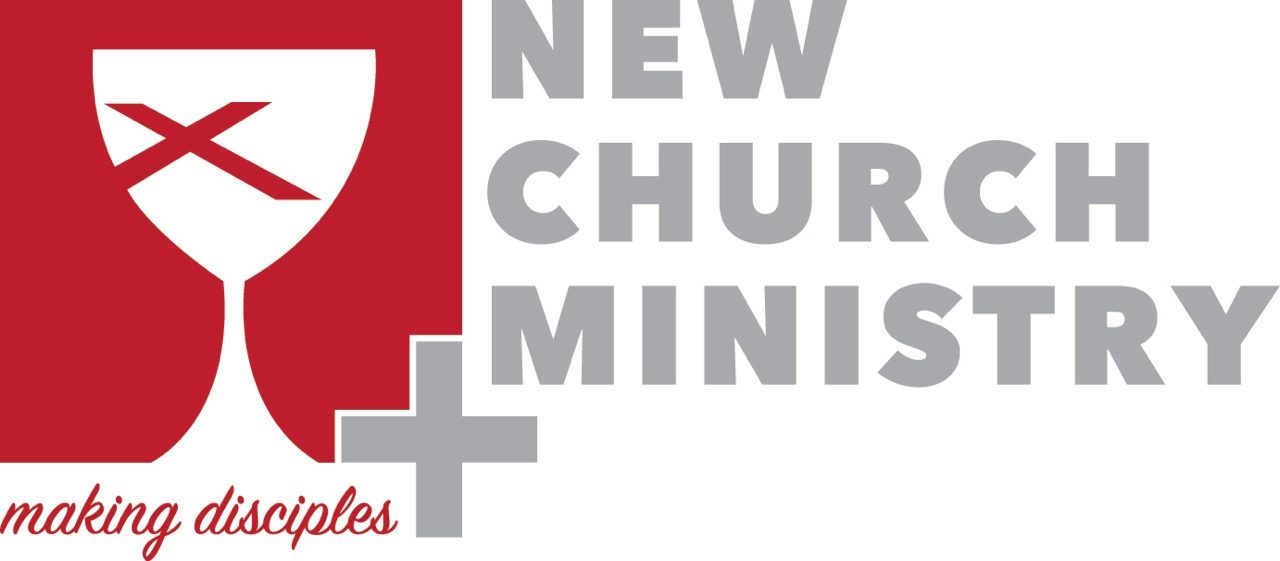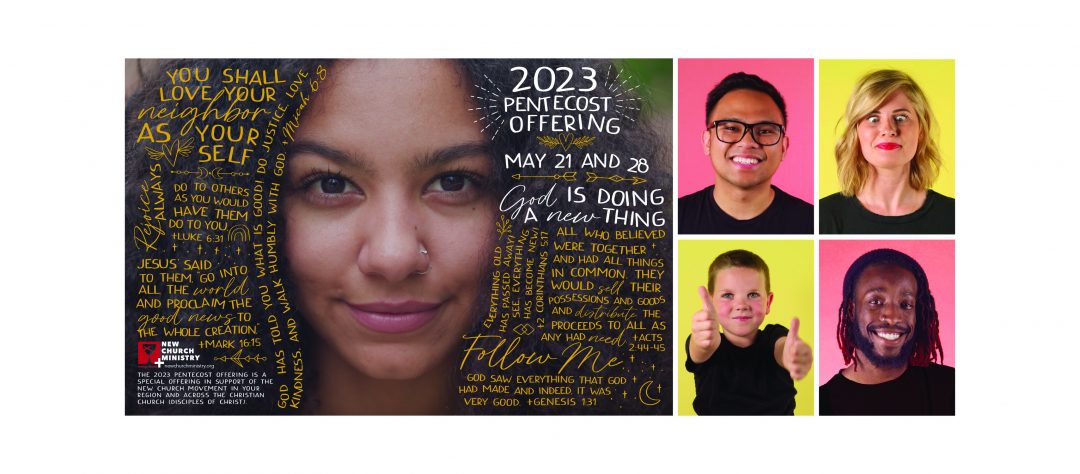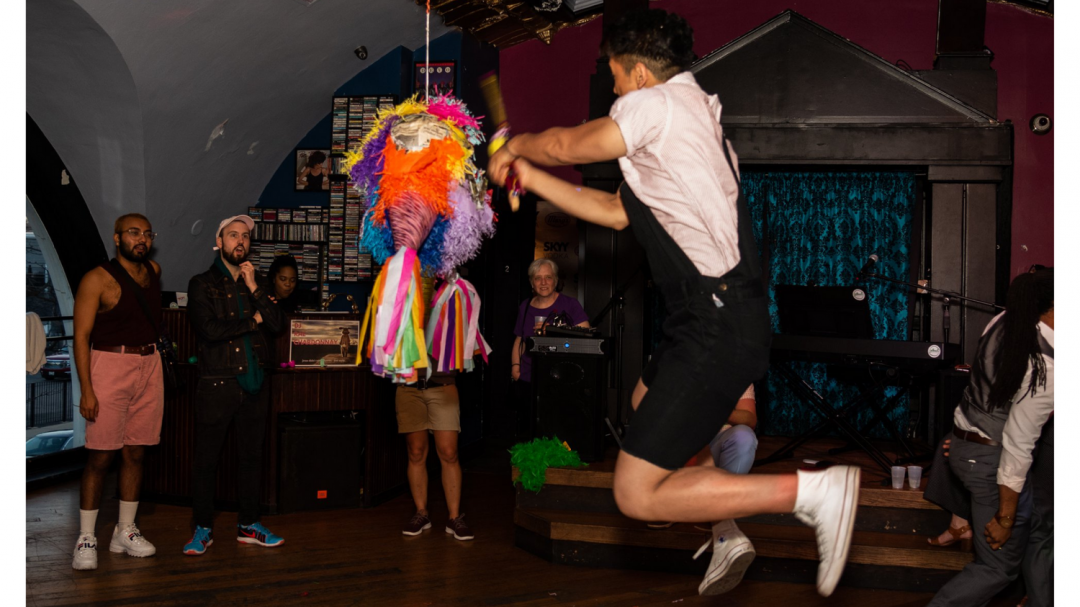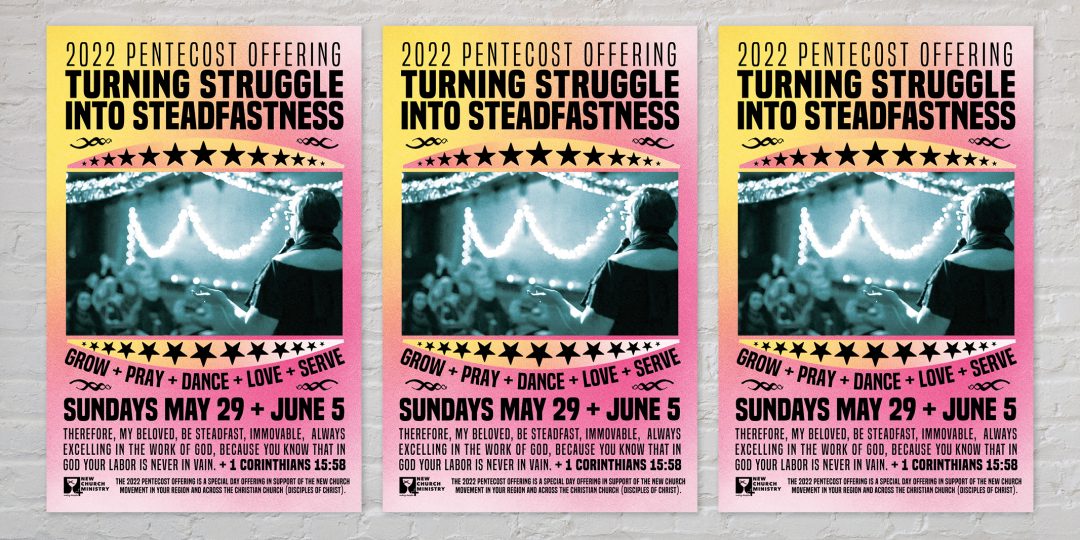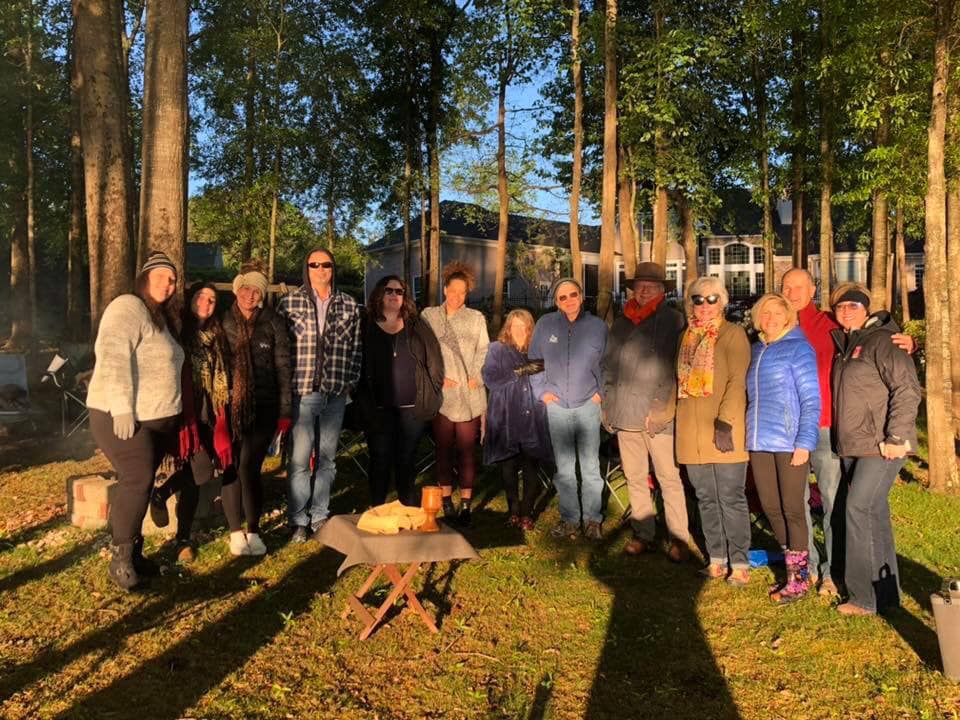We are a Movement for Wholeness in a Fragmented World In the beginning, every church was new. It’s right there in the Book of Acts. Early disciples came together, sharing all … Continue reading 2023 Pentecost Offering
There is a Balm in Chicago
Rebecca Anderson grew up Evangelical, but as a young adult, she didn’t consider herself a religious person. That didn’t mean she didn’t dip her toes in the waters of different communities of faith. And then she attended a local church in Boston at the suggestion of a fellow non-religious friend, which changed her life.
2022 Pentecost Offering: Turning Struggle into Steadfastness
Stories of struggle are nothing new to the church. From the persecution faced by early Christians to civil rights movements led by faith leaders, the church has found its strength … Continue reading 2022 Pentecost Offering: Turning Struggle into Steadfastness
2022 Pentecost Offering: Turning Struggle into Steadfastness
Stories of struggle are nothing new to the church. From the persecution faced by early Christians to civil rights movements led by faith leaders, the church has found its strength … Continue reading 2022 Pentecost Offering: Turning Struggle into Steadfastness
Finding a path to God with Ekklesia Global
Michelle Beech lives and works in Spartanburg, South Carolina. In her words, that’s not where she’s from, but that’s where God has her now. Due to her father’s career as … Continue reading Finding a path to God with Ekklesia Global
